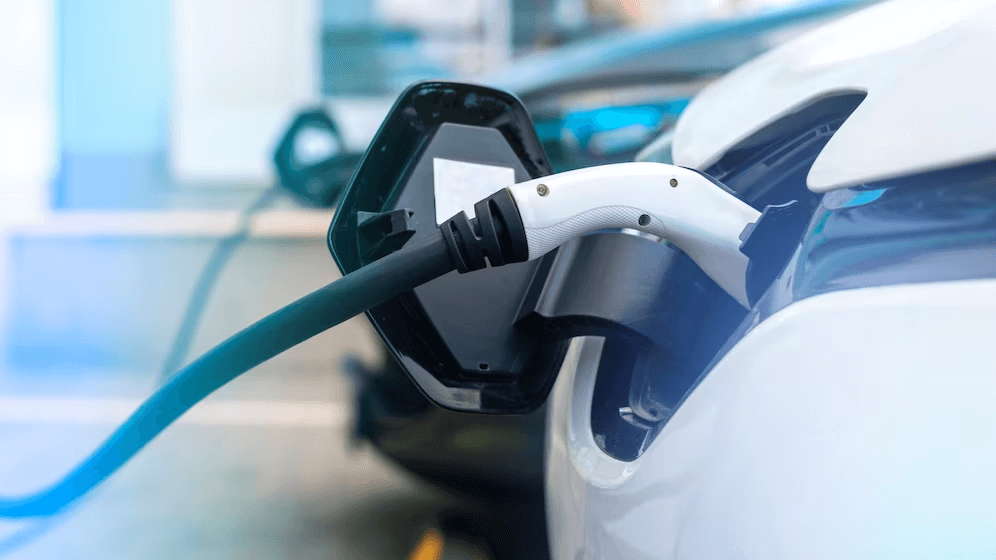While the concept of sustainability is not new, more people are recognising its importance and taking action to mitigate the impact their lifestyle choices have on the environment.
The reality of climate change has made it difficult to take sustainability for granted, with extreme weather changes impacting lives and industries. In Singapore, for example, some farms have seen damaged crops and depleted livestock yields due to the hotter weather, causing production levels to go down by as much as 20 per cent.
Sustainability as a growing concern
Today, sustainability is a major concern among consumers. In Singapore, 43 per cent of millennials are willing to cut down on food waste while 29 per cent of Gen Z consumers would use reusable bags instead of plastic bags, according to UOB’s ASEAN Consumer Sentiment Study 2023.
“Among the younger people, there is a huge sense of urgency to go green, and they want to act now,” notes Mr John Lau, Sustainability Lead, Group Personal Financial Services, at UOB.
Older generations of consumers are catching up, too — 58 per cent of baby boomers, aged 57 and above, intend to reduce water usage while 49 per cent are keen to switch to energy efficient lighting and appliances.
Given this shift, major industry players, such as banks and utility providers, are creating innovative solutions to make it easier for people to adopt a more sustainable lifestyle.

Switching to renewable energy sources, such as solar and wind energy, can lower GHG emissions from electricity production and consumption. Photo courtesy of freepik / Freepik
Solutions to reduce electricity carbon footprint
Electricity production and consumption are significant contributors to greenhouse gas (GHG) emissions, responsible for approximately 35 per cent of global emissions. Consumers can help mitigate its negative environmental impact by reducing or offsetting their electricity carbon footprint.
Reducing carbon footprint means adjusting your activities to produce less GHG emissions, for example, choosing to walk or bike instead of driving a car to a nearby destination. Offsetting carbon footprint, on the other hand, means funding or supporting projects that reduce or remove GHG emissions from the atmosphere to offset one’s GHG emissions, such as supporting tree-planting projects and carbon sinks.
As a sustainability champion, UOB develops and offers sustainable solutions that makes it easier for customers to create impact with their everyday choices, including to help them reduce or offset their electricity carbon footprint.
Helping customers offset electricity carbon footprint
For example, through UOB’s partnership with SP Group, a leading utilities group and sustainable energy solutions provider in Asia Pacific, UOB EVOL cardholders can now offset over 100 per cent of their household electricity carbon footprint when they charge their SP Utilities bill to their UOB EVOL Card. All they need to do is set their UOB EVOL Card as the default mode of payment, either for a one-time or recurring SP Utilities bill, on the SP app.
Doing so will automatically convert more than two per cent of their total SP Utilities bill amount into complimentary My Green Credits and offset over 100 per cent of their electricity carbon footprint. SP Group has also pledged to donate 15 per cent of proceeds from every purchase of My Green Credits to the OneMillionTrees movement, which aims to plant one million more trees across Singapore over the next ten years to transform it into a “City in Nature”.

Every purchase of My Green Credits contributes to the OneMillionTrees movement, which aims to plant one million more trees across Singapore over the next ten years. Photo courtesy of prostooleh / Freepik
The UOB EVOL Card is also Southeast Asia’s first bio-sourced card, which is 84 per cent made from plant-based card materials developed from non-edible corn. The production of each UOB EVOL Card saves 4.48 grams of petroleum-based plastics (PVC) and yields 10 grams less carbon footprint.
UOB will also award Renewable Energy Certificates (RECs) for UOB Go Green Car Loan sign-ups, encouraging consumers to make the switch to electric vehicles, help reduce GHG emissions and also offset their carbon footprint.
Electricity flowing through the grid is undifferentiated, so there is no way to know the origin of the energy you consume. RECs represent the megawatt-hours (MWh) of electricity generated from renewable energy sources, such as solar and wind power facilities.
When you purchase RECs, the “renewable” aspects of renewable energy are transferred to you giving you assurance that the electricity you used came from a renewable source with low to zero emissions. The adoption of RECs in turn supports and encourages the development of renewable energy projects, bringing about a positive impact on the environment.

UOB is making it easier for customers to own electric vehicles (EVs). Photo courtesy of frimufilms / Freepik
Empowering consumers to reduce their carbon emissions
UOB’s partnership with SP Group also offers solutions that enable consumers to reduce their carbon emissions. For example, the Green Marketplace in the SP app promotes and drives sign-ups for UOB’s green loans, such as UOB Go Green Car Loan and UOB Go Green Home Loan, solutions designed to support consumers on their journey towards reducing their carbon footprint.
In 2022, EVs accounted for 11 per cent of new car registrations in Singapore, up from almost four per cent the previous year. With ownership of electric vehicles (EVs) becoming a growing trend in Singapore, UOB is also making it easier for customers to own EVs with Singapore’s first digital car financing solution that grants instant online car loan approval so customers can secure their green car loans quickly.
Today, UOB finances one in five EVs in Singapore with the UOB Go Green Car Loan. Through its green car loans, UOB supports the nation’s strong push to electrify vehicles on the road, as Singapore works towards the goal of having 100 per cent clean energy vehicles by 2040.
UOB is also making it easier to own a green home in Singapore with UOB Home Solution, where customers can enjoy speed and certainty at their fingertips, with instant approval to help them secure their dream homes with confidence. Today, one out of 10 new home loans UOB finances is a Go Green Home Loan.
Achieve your sustainability goals with UOB
As part of UOB’s commitment, we have set net zero targets for our corporate loan portfolio in the power, automotive and real estate sectors. Our targets are based on regional pathways aligned with global net zero ambitions and internationally recognised climate science models.
Our commitment to net zero is grounded in the need for a just transition that continues to support socioeconomic growth and improve energy access across the diverse economies in the region, in tandem with decarbonisation.
Play your part to create impact with your everyday choices through our sustainable solutions. Visit our website to stay updated with the latest innovative solutions that support sustainable living.


